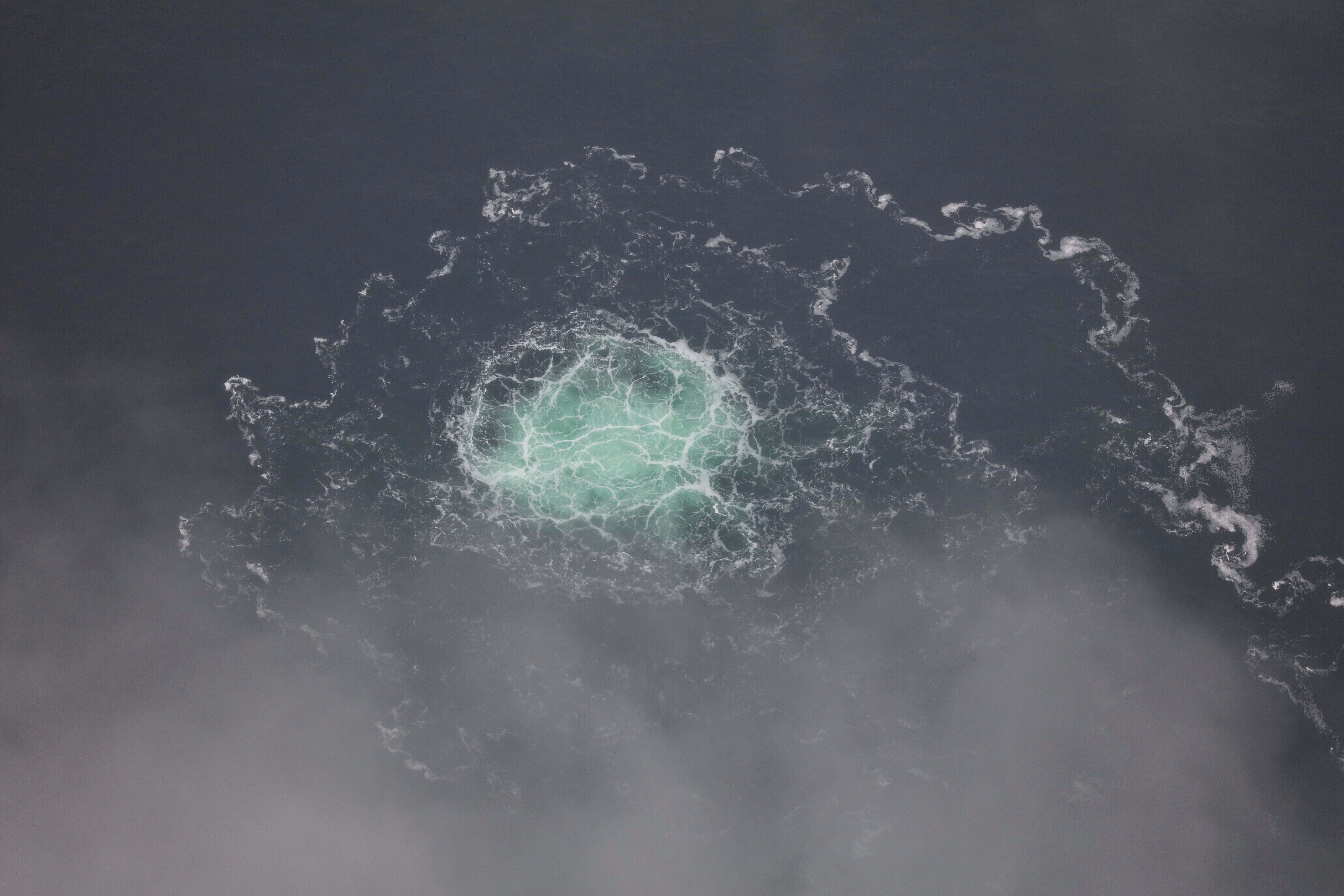Polish leader urges Nord Stream patrons to 'keep quiet' as pipeline mystery returns to spotlight
Poland's prime minister has reacted to reports that revived speculation about who blew up the Nord Stream pipelines in 2022

Your support helps us to tell the story
From reproductive rights to climate change to Big Tech, The Independent is on the ground when the story is developing. Whether it's investigating the financials of Elon Musk's pro-Trump PAC or producing our latest documentary, 'The A Word', which shines a light on the American women fighting for reproductive rights, we know how important it is to parse out the facts from the messaging.
At such a critical moment in US history, we need reporters on the ground. Your donation allows us to keep sending journalists to speak to both sides of the story.
The Independent is trusted by Americans across the entire political spectrum. And unlike many other quality news outlets, we choose not to lock Americans out of our reporting and analysis with paywalls. We believe quality journalism should be available to everyone, paid for by those who can afford it.
Your support makes all the difference.Polish Prime Minister Donald Tusk on Saturday reacted to reports that revived questions about who blew up the Nord Stream pipelines in 2022, saying the initiators of the gas pipeline project should “apologize and keep quiet." That comment came after one of his deputies denied a claim that Warsaw was partly responsible for its damage.
The Wall Street Journal reported on Thursday that Ukrainian authorities were responsible for blowing up the Nord Stream 1 and 2 pipelines in September 2022, a dramatic act of sabotage that cut Germany off from a key source of energy and worsened an energy crisis in Europe.
Germany was a partner with Russia in the pipeline project. Poland has long said its own security interests have been harmed by Nord Stream.
“To all the initiators and patrons of Nord Stream 1 and 2. The only thing you should do today about it is apologise and keep quiet,” Tusk wrote on the social media portal X Saturday.
Tusk appeared to be reacting specifically to a claim by a former head of Germany’s foreign intelligence agency, BND, August Hanning, who told the German daily Die Welt that the attack on the Nord Stream gas pipelines must have had Poland’s support. Hanning said Germany should consider seeking compensation from Poland and Ukraine.
Hanning, who retired from his spy chief job, did not provide any evidence in support of his claim. Some observers noted that he served under former German Chancellor Gerhard Schroeder, who went on to work later for Russian state-owned energy companies, including Nord Stream.
Krzysztof Gawkowski, a deputy Polish prime minister and the minister of digital affairs, strongly denied reports that Poland and Ukraine had damaged the Nord Stream gas pipeline in an interview Friday on the Polsat broadcaster.
Gawkowski alleged that the comments of the former member of the German intelligence service were “inspired by Moscow” and were aimed at destabilizing NATO countries.
“I believe that this is the sound of Russian disinformation,” he added.
On Wednesday, Polish prosecutors confirmed that they had received a warrant for a Ukrainian man wanted by Germany as a suspect in the pipeline attack, but that he left the country before he could be arrested.
The Nord Stream project, with its two pipelines created to carry gas from Russia to Europe along the Baltic Sea bed, went ahead despite opposition from Poland, the U.S. and Ukraine.
They allowed Russia to send gas directly to Western Europe, bypassing Poland and Ukraine. With all gas previously going over land, Warsaw and Kyiv feared losing huge sums in transit fees and political leverage that came with controlling the gas transports.
The Wall Street Journal said in its report published Thursday that it spoke to four senior Ukrainian defense and security officials who either participated in or had direct knowledge of the plot. All of them said the pipelines were a legitimate target in Ukraine’s war of defense against Russia. Ukrainian authorities are denying the claims.
Nord Stream 1 was completed and came online in 2011. Nord Stream 2 was not finished until the fall of 2021 but never became operational due to Russia’s full-scale invasion of Ukraine in February 2022.